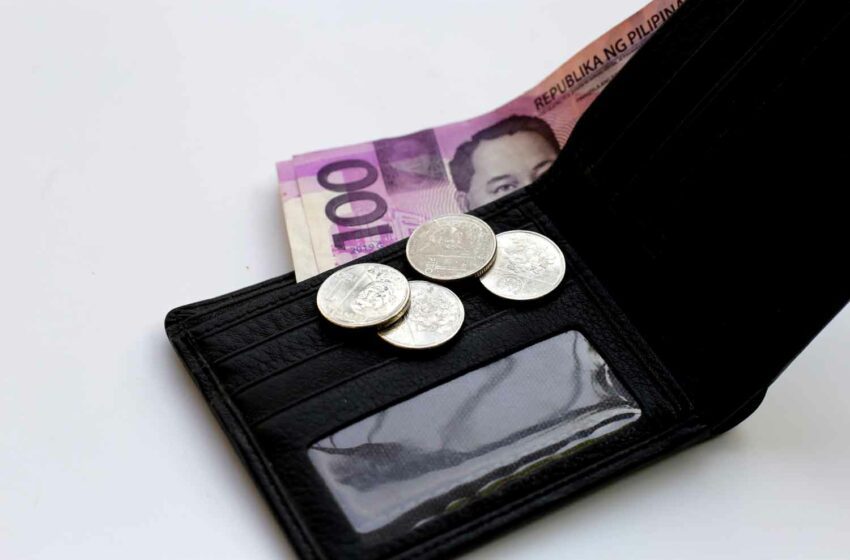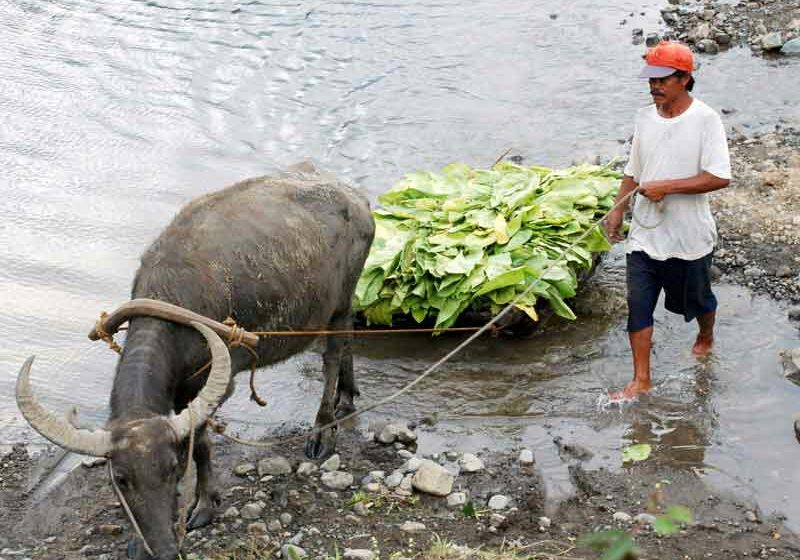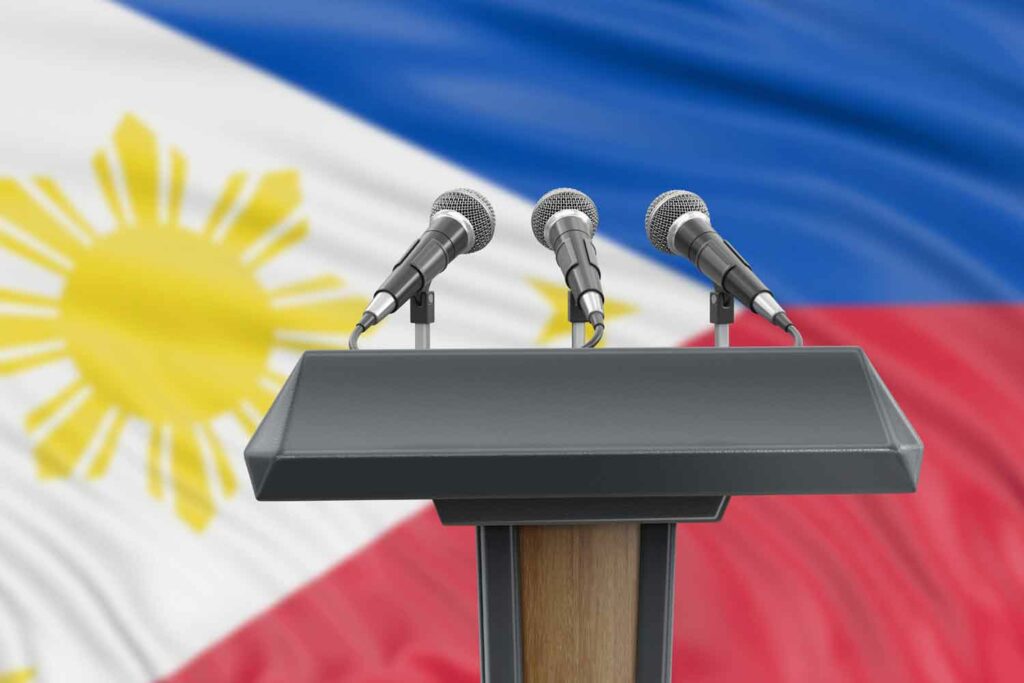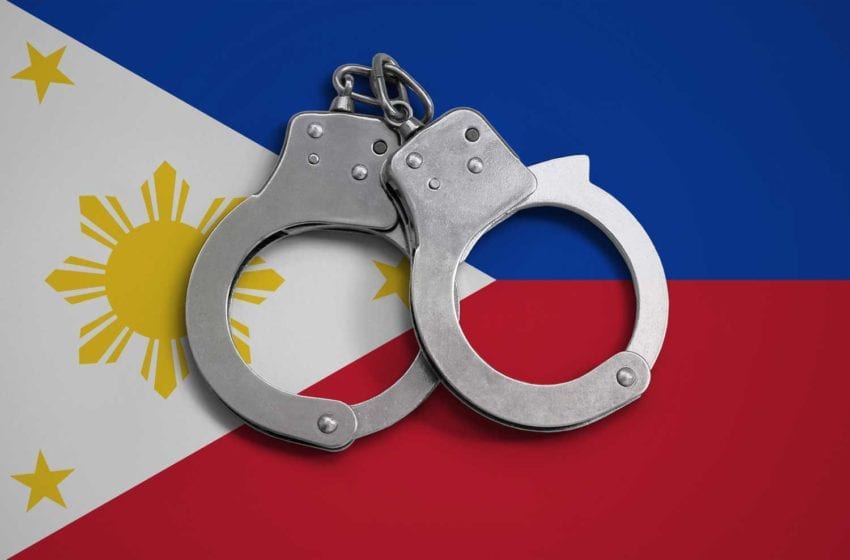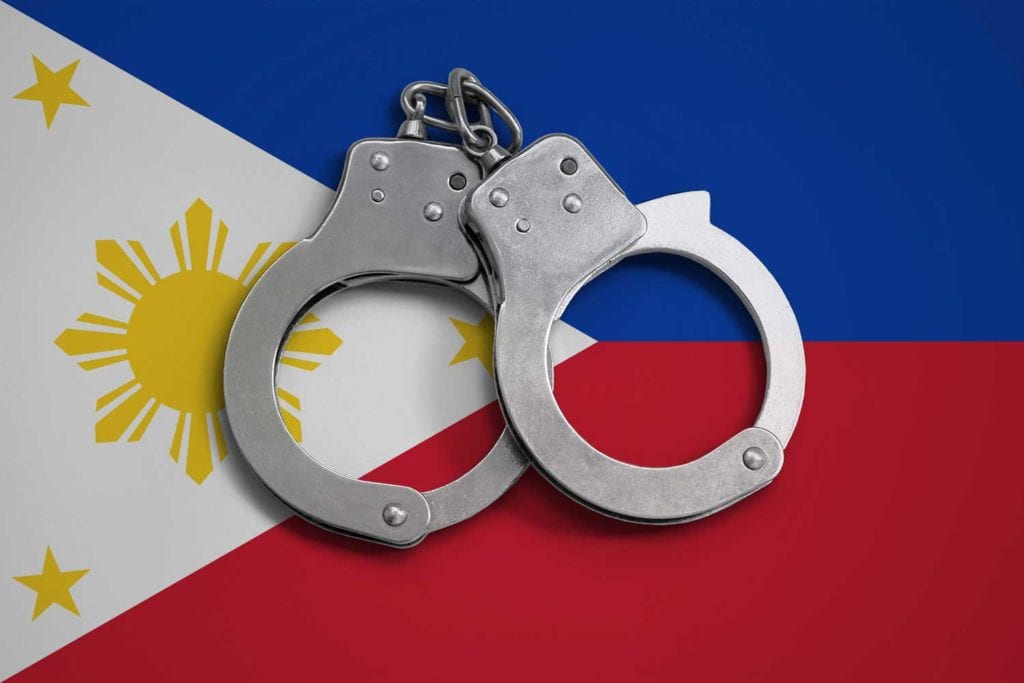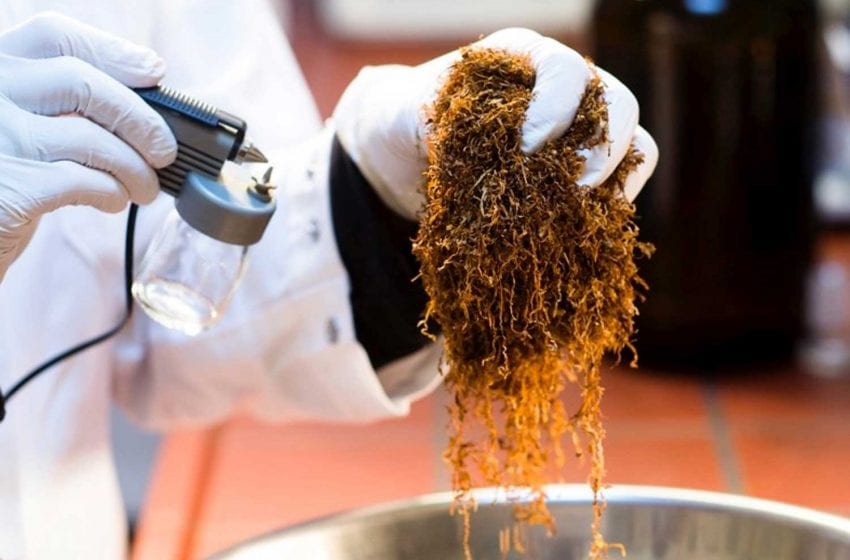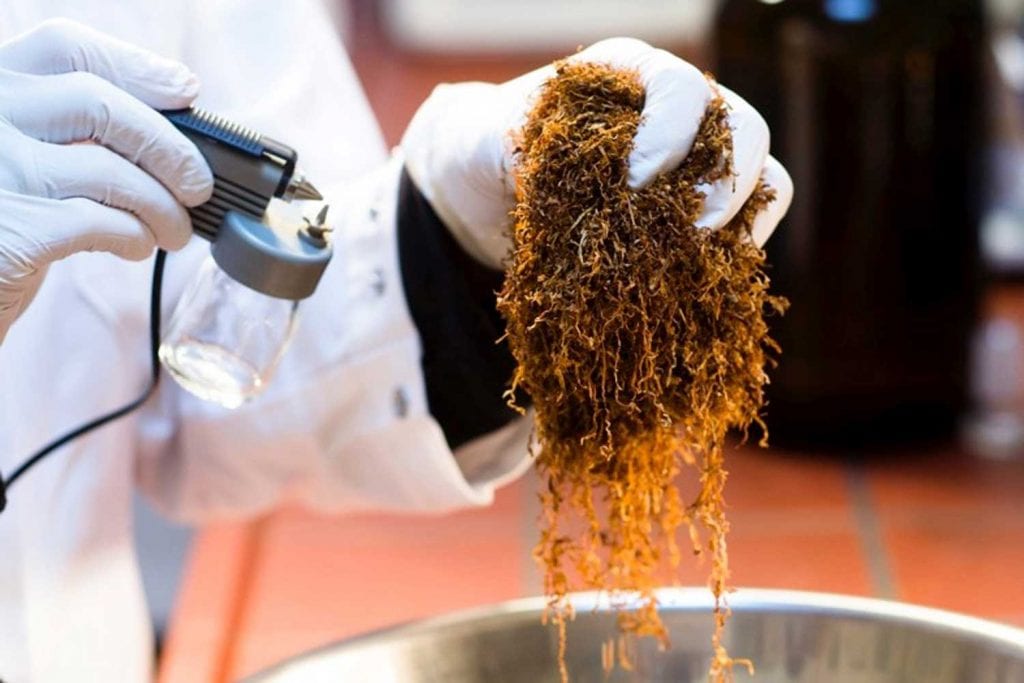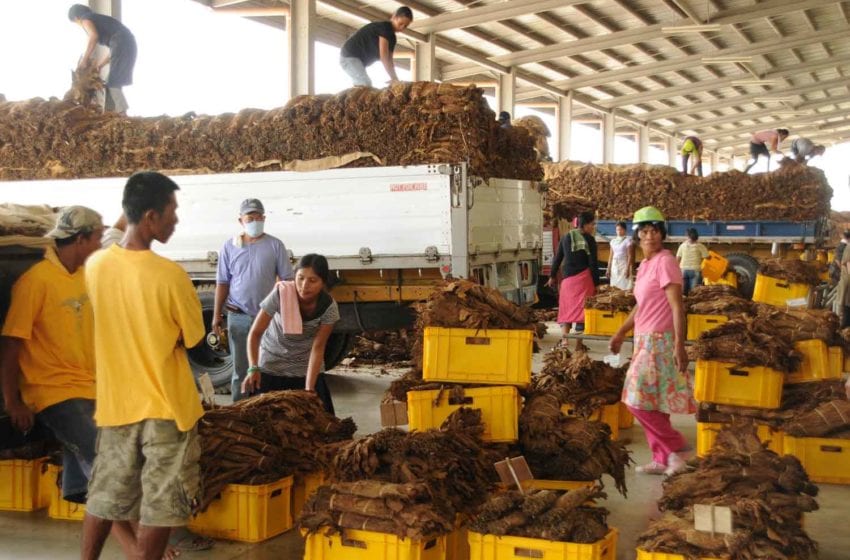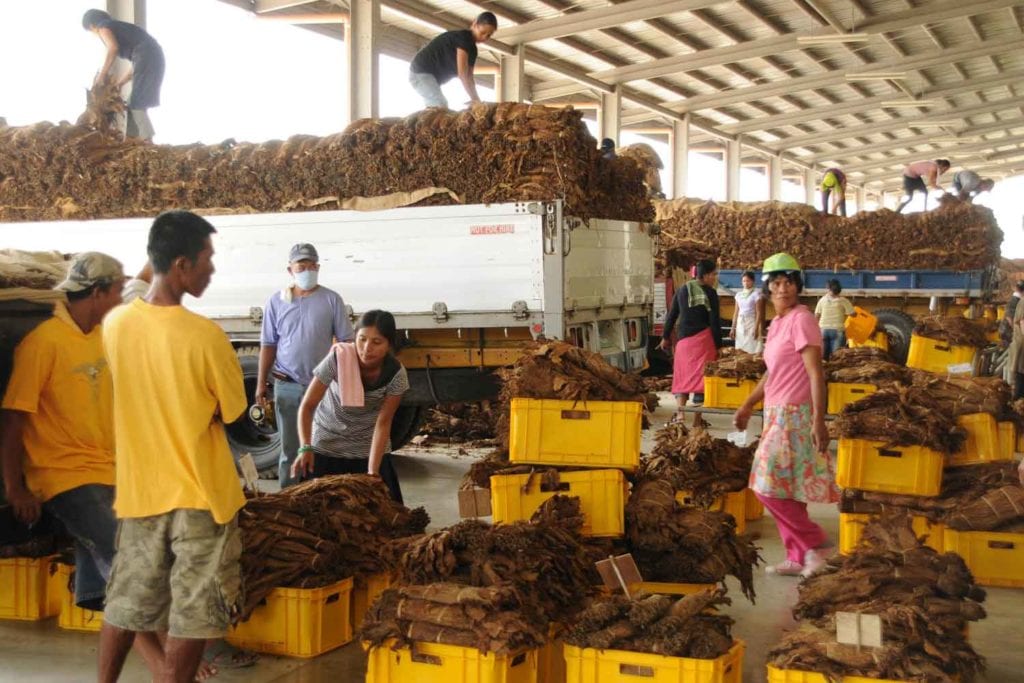The Philippine Tobacco Institute (PTI) has proposed a pause in excise tax hikes on tobacco, arguing it would deter consumers from buying smuggled cigarettes and stabilize prices for legitimate products. PTI President Jericho B. Nograles highlighted this during a Senate hearing on the illicit tobacco trade, suggesting that a moratorium could also bolster enforcement efforts against smuggling.
Currently, excise taxes in the Philippines are set at P60 per pack of cigarettes, with vape products taxed at P54.60 (US$0.93) per milliliter for salt nicotine and P63 per 10 milliliters for classic nicotine. Despite collecting P130.91 (US$ 2.24bn) billion in tobacco excise taxes in the first 11 months of 2024, the Bureau of Internal Revenue remains short of its P185.34 billion target for the year.
Nograles pointed to Singapore’s tax moratorium as a successful precedent and urged the government to simplify the tax system by standardizing rates for all vapor products. He also called for aggressive action from the Department of Justice against smugglers and illicit traders.
Additionally, Republic Act No. 12022, signed into law by President Ferdinand R. Marcos, Jr., classifies agricultural smuggling, hoarding, and profiteering as acts of economic sabotage. Violators face severe penalties, including life imprisonment and fines up to five times the value of smuggled goods.
Nograles emphasized that the illicit tobacco trade undermines legitimate industry players and creates inequities in the market.

